Have you ever thought about meeting your own heroes and what you would actually say to them if you did? When I was growing up, I used to idolise Jon Bon Jovi. I had a huge flag of him up on my bedroom wall and would listen to every bit of music he released with his band, watch every interview that he gave and read every book I could find about him. I tried to write songs like him, grew my hair like him and even started wearing cowboy boots - just like he did. And, to date, I have seen Bon Jovi in concert on 33 different occasions. So, when the opportunity to talk to him on my podcast came up, you can probably imagine how I felt.
Jon Bon Jovi is the frontman for the Grammy Award-winning band Bon Jovi. They have been together for over 40 years, have sold an incredible 130 million albums and performed in over 50 countries around the world for more than 40 million fans. In 2018, the band was inducted into the Rock and Roll Hall of Fame in recognition of their longevity and impact on popular music and outside of his music career, Jon and his wife run the Jon Bon Jovi Soul Foundation, a nonprofit organisation dedicated to bringing about positive change and helping those in need “one SOUL at a time.”
Yet, beyond the global fame, the sold-out arenas and extensive charitable work, I discovered a man who’s thoughtful, grounded and genuinely curious about what it means to live well.
During our incredible conversation, we discuss:
The key ingredients of a happy life: gratitude, friendship, contentment, joy and love.
What Jon has learned about long-term relationships – in marriage, friendship and with his band.
How losing his voice and undergoing vocal surgery became a lesson in acceptance, patience and rediscovering gratitude.
The real cost of success, and why he believes it’s always been worth it.
Why optimism has always been at the heart of Bon Jovi’s music, and why the world needs it now more than ever.
What fame can take from you, and how to stay grounded and authentic in the face of it.
Jon’s reflections on ageing, spirituality and finding peace within himself.
His advice for anyone who has a dream but feels afraid to take the first step.
Having this incredible opportunity to speak with Jon reminded me why his music has always resonated so deeply with me. Beneath the anthems and achievements lies a simple message – that happiness, optimism and connection are what truly make life meaningful.
Perhaps Jon’s story – and this conversation – will encourage you to think about what brings you joy, who brings you meaning, and how you might share a little more of yourself with the world.
They say never meet your heroes - and I understand why they do. But, hand on heart, I can honestly tell you that there is a little boy inside of me, who’s pretty pleased he got to meet his.
Support the podcast and enjoy Ad-Free episodes. Try FREE for 7 days on Apple Podcasts https://apple.co/feelbetterlivemore. For other podcast platforms go to https://fblm.supercast.com.
Thanks to our sponsors:
https://drinkag1.com/livemore
https://thriva.co/
https://airbnb.co.uk/host
Show notes https://drchatterjee.com/594
DISCLAIMER: The content in the podcast and on this webpage is not intended to be a substitute for professional medical advice, diagnosis, or treatment. Always seek the advice of your doctor or qualified healthcare provider. Never disregard professional medical advice or delay in seeking it because of something you have heard on the podcast or on my website.






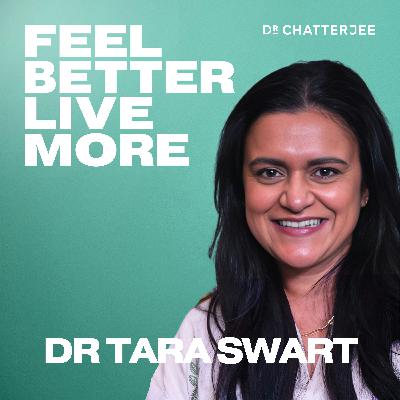
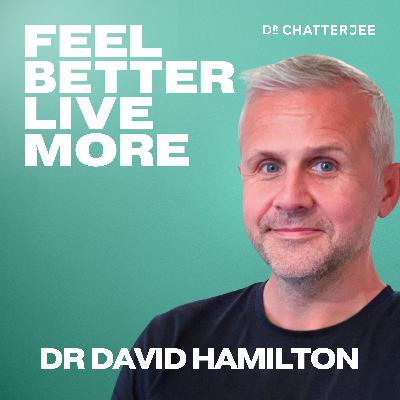

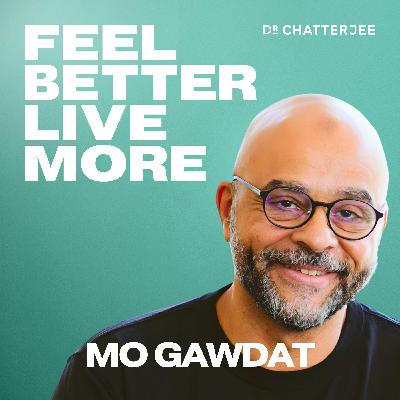
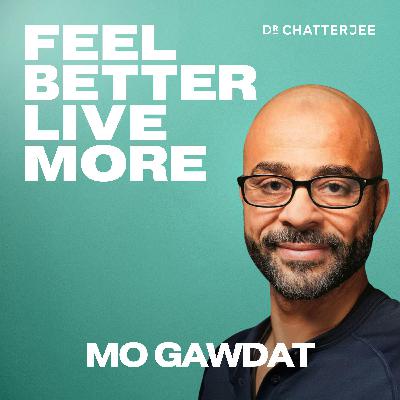
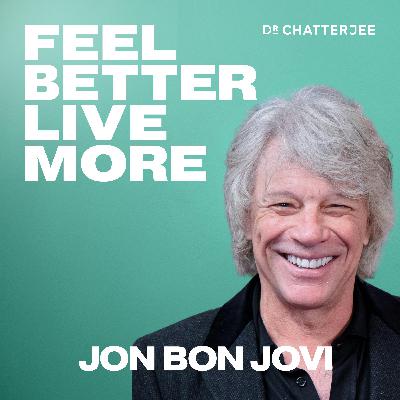

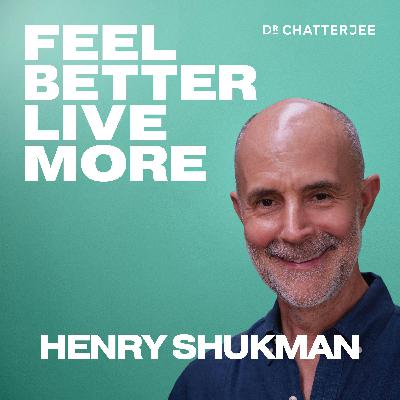

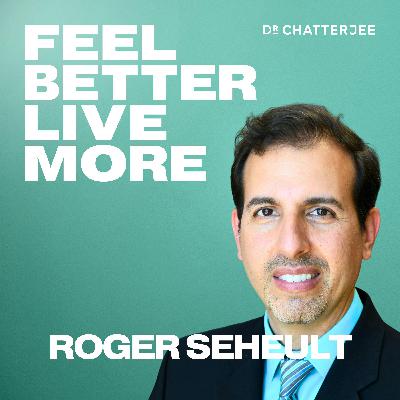



so glad you're back
thank you for some really helpful information 😀
This guy is a 21st century snake oil salesman. Shame on you for giving him a platform to shill his crap.
Absolutely loved this episode. Thank you. 🙏🏼
How do I listen to these amazing stories and not want to apply them to loved ones who won’t listen?💔
brilliant. Thanks for sharing 🙏🙏
incredible discussion.. thank you both for your insights and sharing your stories.
important pod 👍
$100 Registration Bonus Eksklusibo sa jet!
Maging Miyembro ng daddy at Makatanggap ng $100 Agad!
Magsimula sa fresh: Makakuha ng $100 Welcome Bonus!
Magsimula sa fresh: Makakuha ng $100 Welcome Bonus!
sherbet Registration Bonus: Libreng $100 Para sa Mga Bagong User!
Magparehistro sa supernova at Makakuha ng $100 Bonus Kaagad!
Sumali sa jazz Ngayon at Kumuha ng $100 Welcome Bonus!
Sumali sa jazz Ngayon at Kumuha ng $100 Welcome Bonus!
Simulan ang Iyong Paglalaro sa 500 casino na may Libreng $100 Bonus!
$100 Bonus Agad Para sa Mga Bagong User ng highway!
Bagong User? Sumali sa sol at Makatanggap ng $100 Bonus!
Makakuha ng $100 Bonus Kapag Nagparehistro sa exclusive Ngayon!